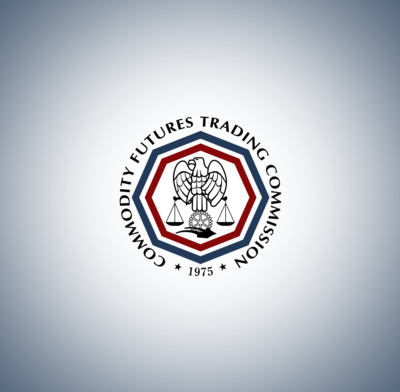The US Commodity Futures Trading Commission (CFTC) said it’s planning to allow the use of tokenized , including , in markets.
The CFTC – the agency that regulates the US markets for commodities and derivatives – has opened the doors in response to demand, according to Acting Chairman Caroline Pham.
“The public has spoken: tokenized markets are here, and they are the future,” Pham said in a statement. “For years I have said that collateral management is the ‘killer app’ for stablecoins in markets.”
How collateral works
The CFTC’s announcement matters for both institutional and retail investors. When an investor holds futures or options, they must post . Collateral is like a security deposit to make sure investors on both sides of the trade can pay for the contract they entered. When the clearinghouse (the middleman that guarantees that both parties can honour their agreement) asks an investor to post collateral, this typically needs to be delivered in cash or government bonds, usually within hours. So, investors need to quickly free up and wire the collateral, within banking hours. This process is called a “.”
The CFTC is considering tokenized collateral, including , as this would smoothen the process of margin calls. There are two main reasons for this. The first is that stablecoins can be transferred within minutes instead of hours, and are available 24/7, rather than being confined to banking hours. The second is these transactions can easily be traced in real time, rather than blindly hoping the wire goes through on time.
The CFTC’s crypto sprint
The CFTC’s efforts in crypto began with its Crypto CEO Forum in February, focusing on tokenized non-cash collateral, including stablecoins.
In August, Acting Chairman Pham began the commission’s “crypto sprint” by launching an initiative to enable listed spot crypto trading on CFTC-registered exchanges, known as designated contract markets or DCMs.
Now what?
The CFTC is now inviting the public’s input by 20 October.
“Stablecoins are the future of money, and tokenized collateral is just the beginning,” said Greg Tusar, Vice President of Institutional Product.








